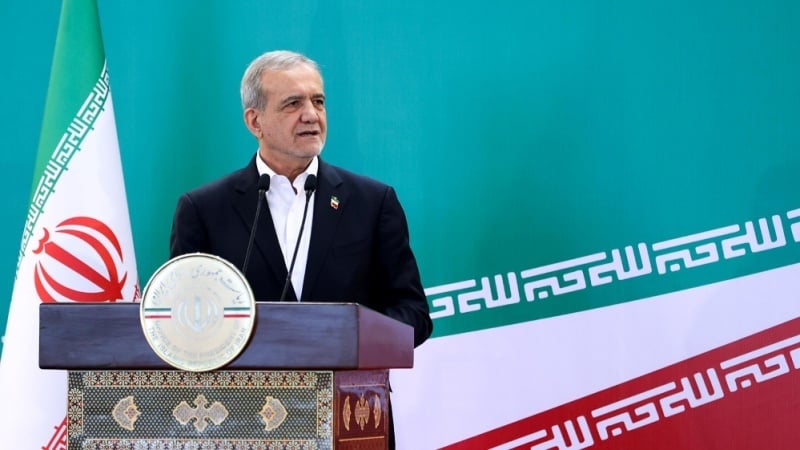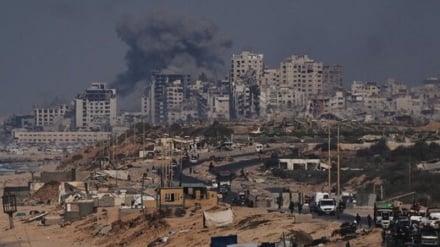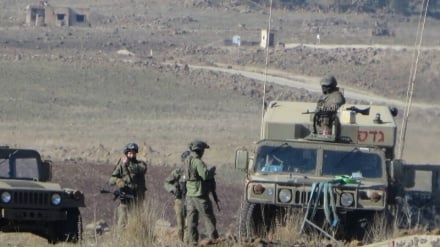World news | Pezeshkian: Martyrs of science are symbols of Iran’s determined progress / Global outcry for aid to Gaza
-

Iranian President Masoud Pezeshkian
Pars Today – The President of the Islamic Republic of Iran, emphasizing the esteemed status of martyred scientists in the country’s path to scientific advancement, identified the Israeli regime as responsible for their assassination.
International calls for urgent aid to the Gaza Strip, the U.S. acknowledgment of Israeli violence against Palestinians, European pressure to suspend cooperation with the Israeli regime, and the United Nations’ criticism of obstacles to delivering aid to Gaza are among the headlines you will find in this Pars Today news package.
Pezeshkian: Martyred scientists are symbols of the national will for Iran’s scientific progress
The President of Iran, during a ceremony honoring the martyred nuclear scientists, stated that the martyred Iranian scientists had committed no crime other than possessing the knowledge, ability, and determination necessary for the country’s scientific advancement.
Masoud Pezeshkian emphasized that these individuals were solely striving to serve the people and strengthen Iran’s scientific independence. He held the Israeli regime responsible for their assassination and strongly criticized the silence of those who claim to uphold human rights and global peace.
Global outcry for immediate entry of humanitarian aid to Gaza
In response to the catastrophic humanitarian situation in the Gaza Strip, foreign ministers from 24 countries and several senior European commissioners issued a joint statement calling for the immediate facilitation of aid access to the region. The statement emphasized that the level of suffering and hunger in Gaza has reached an unimaginable stage, and the crisis requires an urgent, non-political response from the international community.
Michael O’Flaherty, the European Council’s Human Rights Commissioner, also warned that the shipment of weapons to Israel must be halted, as they may be used in violations of human rights.
U.S. acknowledges systematic Israeli violence against Palestinians
In its 2025 annual human rights report, the U.S. Department of State admitted to an increase in daily violence by the Israeli regime against Palestinians, especially in the West Bank. The report highlights widespread arrests, disappearances, and illegal transfers of prisoners. It also states that many of these detentions have been carried out without trial and in violation of fundamental human rights principles.
Farhan Haq, Deputy Spokesperson for the United Nations, also expressed concern over the continued attacks by Israeli settlers on Palestinians and called for guarantees to protect the safety of civilians.
European figures officially call for suspension of cooperation with Israel
The former European Union Foreign Policy Chief, along with more than 110 former members of the European Parliament, issued a statement calling for the immediate suspension of the cooperation and partnership agreement between the European Union and the Israeli regime. They warned that Europe’s failure to act against Israeli crimes risks violating the EU’s legal commitments. This group also announced their intention to file a complaint with the European Court of Justice regarding the European Commission’s deliberate negligence.
United Nations criticizes Israel’s deliberate delays in delivering aid to Gaza
The United Nations, expressing serious concern over multiple obstacles to sending humanitarian aid to Gaza, stated that Israel’s issuance of security permits has been accompanied by unjustifiable delays. Stephane Dujarric, spokesperson for the United Nations, said that many humanitarian missions have either been rejected or faced operational barriers, and these delays have wasted critical time needed to save lives.
MG


